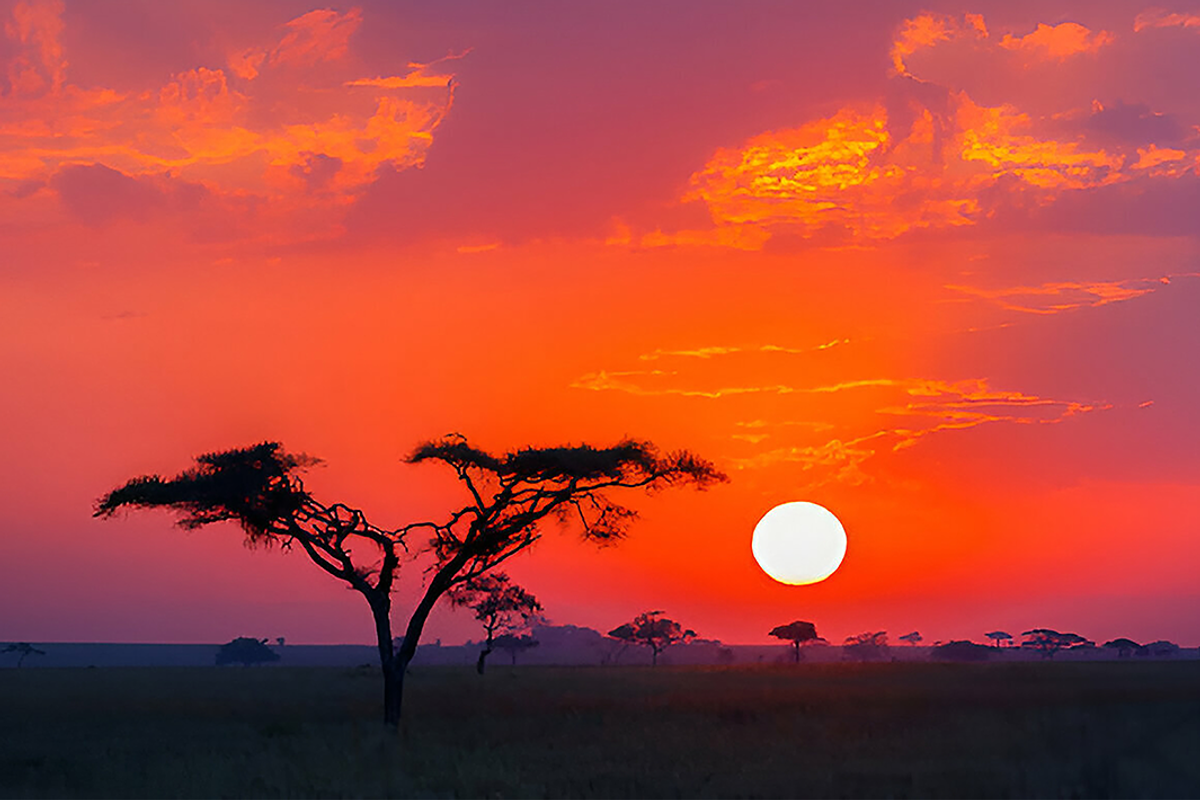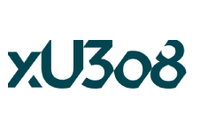Rich Resources, Friendly Regulations Make Tanzania an Emerging Haven for Exploration

Tanzania is ripe for mineral exploration and development, with ease of doing business and a generally mining friendly regulatory environment.
Investors examining the value propositions of mining projects require a greater understanding of local regulatory, geological and geopolitical landscapes. One emerging destination for explorers and miners is Tanzania.
The history of the Tanzanian mining industry moves from colonial governance, through African socialism and state control, to policies favourable to foreign investment. British and South African mining operations opened 100 years ago in the Mwadui area. During the Second World War, however, gold prospecting was banned.
After Tanzania became independent in 1961, state institutions controlled mining there until the 1990s. That’s when the government created the Investment Promotion Policy to attract international investors to the country’s diverse mineral resources base.
By 2008, Tanzania ranked near the top of foreign investment for non-oil-producing African countries, thanks to the Geita Gold and Bulyanhulu gold mines.
Mining and quarrying contributed 5.1 percent to the Tanzanian GDP in 2018, an increase from 3.8 percent of GDP in 2014. That figure is expected to account for 10 percent of GDP by 2025.
Recent earnings from gold mining have contributed US$750 million per year in foreign exchange and tax contributions, comprising 3.6 percent of annual collections.
Mining regulations, permits, licences and taxes
In 2017, Tanzania, under its then-President John Magufuli, overhauled its mining industry in an effort to increase revenue from its natural resources and increase labour opportunities for its citizens.
Under its current mining regulations, the Tanzanian government gets up to a 16 percent stake in mining companies, depending on mineral types and level of investment. Tanzanian companies must be given a minimum 5 percent stake in foreign companies and Tanzanian company shares cannot be transferred to non-domestic entities.
Exporting, selling and disposing of raw minerals and concentrates require licences. Licence holders must allocate some minerals for local processing.
Licence holders can assign their rights to others without first securing the written consent of licensing bodies. Consent of licensing authorities is not required for assigning rights to affiliates if the obligations of the affiliate are guaranteed by a parent company approved by licensing authorities or financial institutions.
Licences for large-scale mining operations in which the capital investment exceeds US$100 million are called special mining licences.
A dealer’s licence allows the holder to acquire and sell minerals, including for export. A broker’s licence allows one to acquire minerals and sell them, but not to export. Only Tanzanians can hold a broker’s licence.
Open for business
Foreign companies appreciate the open investment mentality and available incentives in Tanzania. The country has progressed in property rights protections, with improved land registration and titling systems, as well as reforms aimed at improving the efficiency of the judicial system and reducing corruption.
The Tanzanian government, led by its current president Samia Suluhu Hassan, has been actively promoting the country’s mining investment opportunities. At the February 2024 Mining Indaba Investment Conference, held in South Africa, Tanzanian Minister of Minerals Anthony Peter Mavunde led a delegation of key mining stakeholders, marking the country’s official debut at this annual event.
“In his presentation, Mavunde went to great lengths to try and impress upon the people at Indaba that Tanzania is open for business and that they are there to help build miners,” said Malcolm Day, managing director of Moab Minerals (ASX:MOM), which owns a portfolio of advanced uranium assets in Tanzania.
The “ease of doing business” in Tanzania was among the factors that attracted Moab Minerals to Tanzania, Day said. In July 2024, the company completed the acquisition of the Manyoni and the Octavo uranium projects.
It’s a transformational acquisition, according to Day. “There is a large volume of historic exploration data, including drilling data, that the company has access to that will effectively save the company a lot of time and money.”
Tanzania has a relatively low tax burden. Corporate income tax is capped at 30 percent. Total tax revenue is 13.1 percent of GDP, a result of reforms aimed at improving tax administration while reducing evasion.
The World Bank Ease of Doing Business Index collects information on 10 factors, giving equal weight to all. Ease of Doing Business data is indexed on a scale of 0-100. At 41.3, Tanzania ranks 119 of 150 globally.
Six landlocked countries depend on Tanzania ports. Tourists are drawn to renowned natural attractions — Serengeti, Kilimanjaro, Ngorongoro and the Spice Islands of Zanzibar.
Government literature touts a high degree of investment security, thanks to political stability, free from strife and ethnic division, and bolstered by democratic rule that respects diversity of opinion and the rule of law.
Simplified bureaucracy and economic liberalisation measures are continually improved via dialogue between the public and private sectors.
Investments in Tanzania are guaranteed against political risks, nationalisation and expropriation. Foreign businesses in Tanzania can obtain credit from domestic financial institutions up to the limits established by the Bank of Tanzania.
Potential world-class mining jurisdiction
Metals mined in Tanzania include gold, iron ore, nickel, copper, cobalt and silver. Tanzania’s mineral resources include diamonds, tanzanite, ruby, garnet, limestone, soda ash, gypsum, salt, phosphate, gravel, sand, dimension stones and graphite, as well as the fuel minerals coal and uranium.
A popular gemstone exported from Tanzania, Tanzanite is found only in a 2 kilometre by 4 kilometre site in the Manyara Region near Mount Kilimanjaro, making it rarer than diamonds.
Previously, Uranex (ASX:UNX) explored and extensively drilled the Manyoni uranium project from the early 2000s until 2013. The low price of uranium, post the Fukushima disaster in 2011, prevented the project from proceeding. Following its acquisition of the property, Moab Minerals is currently actively exploring the area.
The current 60 hole Phase 1 drilling has been designed to to verify previous results whilst also gathering additional geologic information. As part of this Phase 1 drilling program, Moab will also be conducting preliminary metallurgical testing to determine the most efficient processing pathway.
Another 100 holes scheduled for Phase 2 drilling will locate extensions to the known mineralisation at Manyoni.
Since its significant uranium deposit discovery in 1996, Mantra Tanzania has invested in the Mkuju River project (known as Nyota). Development of that project was halted in 2017, however, due to low uranium prices at the time. In 2011, Russian state nuclear energy corporation Rosatom acquired the Nyota uranium deposit near Moab Minerals’ Octavo project.
Large uranium deposits have also been found in Namtumbo, Bahi, Galapo, Minjingu, Mbulu, Simanjiro, Lake Natron, Manyoni, Songea, Tunduru, Madaba and Nachingwea.
Gladiator Resources (ASX:GLA) owns a number of uranium assets throughout Tanzania, with six exploration licences spanning 1,814 square kilometres.
Investor takeaway
Tanzania is ripe for mineral exploration and development, with ease of doing business and a generally mining friendly regulatory environment. As the country’s rich mineral resources continue to attract global explorers and producers, investors may do well to assess Tanzania’s investment potential.




